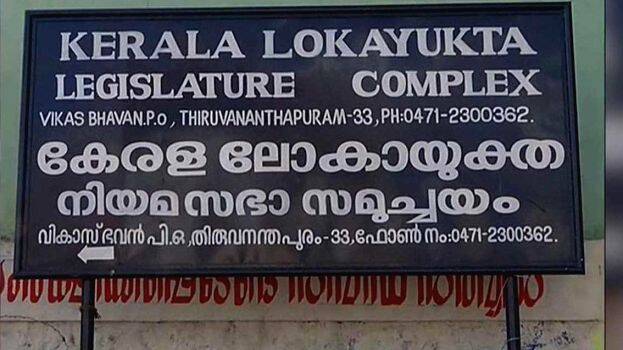

The state has so far claimed with pride that the strongest Lokayukta law in the country belongs to Kerala. But the amendment brought by the Pinarayi government through an ordinance is going to make the Kerala Lokayukta weak. The Kerala Lokayukta Act was passed by the Kerala Legislative Assembly two decades ago after extensive deliberations to curb the growing corruption, nepotism and abuse of power in the public sector. The law was enforced by Left government led by Nayanar. The Lokayukta is the only way for the public to complain and seek redress if they are convinced that anyone in power or any government official is deviating from the law. The Lokayukta has the capacity to investigate the complaints on its own and find out the truth. It includes police officers and lawyers. If the complaint proves to be true, the concerned superior may recommend the removal of the accused from his or her position. If the accused is a minister, then the power to implement the Lokayukta's recommendation lies with the Chief Minister. In the first Pinarayi government, when the Lokayukta verdict came against minister KT Jaleel, he was forced to resign. He approached the High Court and the Supreme Court against the Lokayukta verdict but to no avail.
The amendentments also intends to make exceptions in the existing rules for appointing Lokayuktas. The current provision is that the Lokayukta should be a retired judge of the Supreme Court or a retired Chief Justice of the High Court. According to the amendment, any of the retired judges of the High Court can be appointed as Lokayukta. It is quite clear that these two amendments will weaken the existing Lokayukta law. It is criticised that government has resorted to such a move out of fear of repercussions in some of the cases currently pending before the Lokayukta.
Although bribery and corruption are punishable offenses, they are rampant everywhere. Public often has to pay bribes for services. Not even one per cent of such power abuses becomes complaints. Even Lokayukta rulings that should not be ignored are often not taken into consideration. Judgment will only be enforced according to convenience.
Lokyakuta's presence will not stop corruption and abuse of power. But, it is a great relief to have such an independent system of reliance. Lokayukta must exist, in its present form, as a mechanism by which the public can fearlessly approach against any high-ranking official who abuses his or her authority in a manner unjust to law and justice. Government is sending a wrong message by trying to curb this law.
The amendment seeks to restrict the power of appeal against the Lokayukta decision to the government. The government argues that Lokayukta judgments are only of a suggestive nature. It is quite natural to wonder that how something that has not been felt for two decades suddenly came into being . This decision made by the government is going to cast a shadow over the promise of clean and transparent governance. Or, if the power of appeal against the decision of the Lokayukta has to be made, it would be appropriate to amend the law under High Court's supervision. If the appellate authority is the government, then what is the significance of the Lokayukta? Then it is better not to exist.